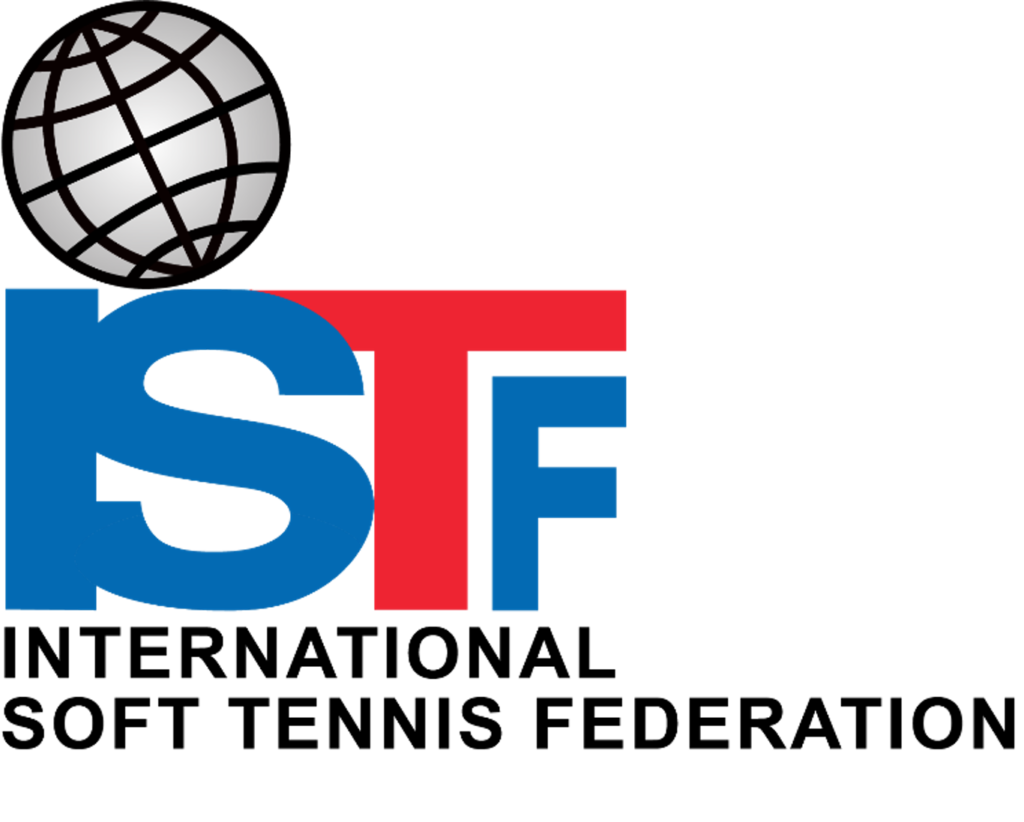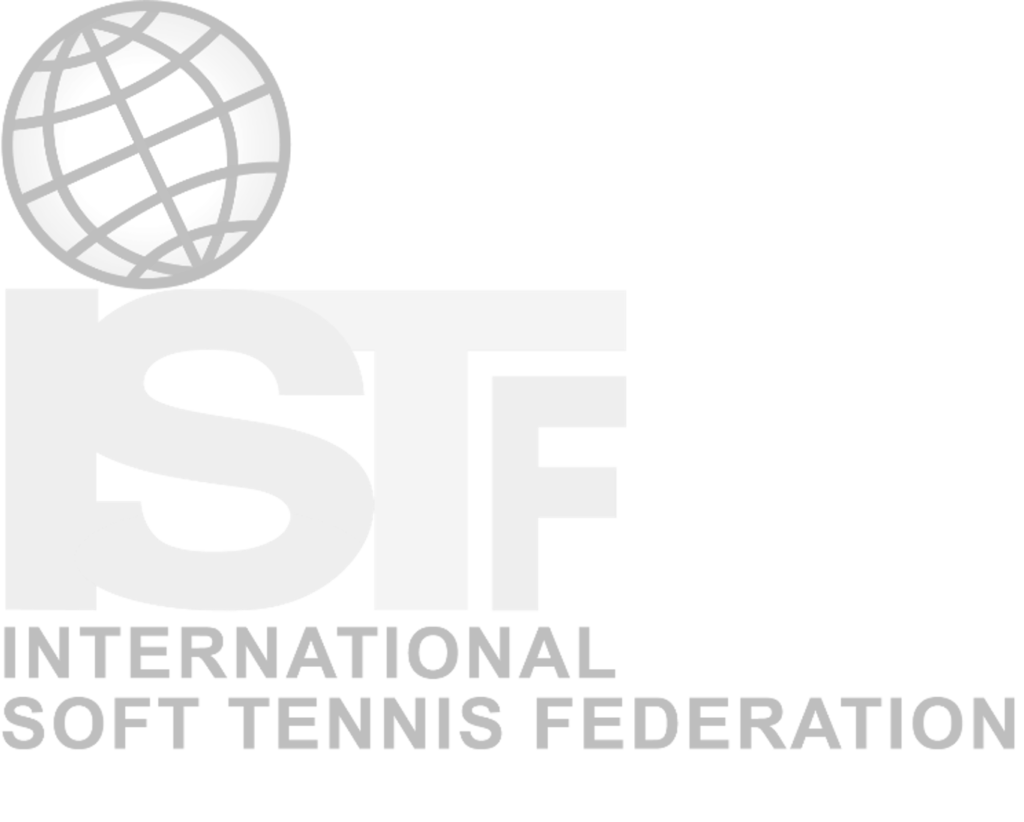- Home
- Introduction to Anti-Doping / ISTF Anti-Doping Regulations
Introduction to Anti-Doping / ISTF Anti-Doping Regulations
The use of doping substances or doping methods to enhance performance is fundamentally wrong and is detrimental to the overall spirit of sport. Drug misuse can be harmful to an athlete’s health and to other athletes competing in the sport. It severely damages the integrity, image and value of sport, whether or not the motivation to use drugs is to improve performance. To achieve integrity and fairness in sport, a commitment to a clean field of play is critical. ISTF seeks to maintain the integrity of sport around the world by running a comprehensive anti-doping program that focuses equally on education/prevention and on testing, with consequent sanctioning of those who break the rules.
The World Anti-Doping Agency (WADA) is the independent international body responsible for harmonising anti-doping policies in all sports and all countries. The World Anti-Doping Code (Code) is the core document that harmonises anti-doping policies, rules and regulations within sport organisations around the world. The Code is supplemented by eight International Standards, including the Prohibited List that is updated at least annually. As a Signatory of the World Anti-Doping Code, the ISTF is responsible for implementing an effective and Code-compliant anti-doping program in all member countries. ISTF also has its own set of anti-doping rules and it is important that those involved in sport are familiar with them. These rules can be found here.
The ISTF is unequivocally opposed on ethical and medical grounds to the practice of doping in sport and fully supports the position of the International Olympic Committee/World Anti-Doping Agency (IOC/WADA) against the use of banned substances and methods. The use, possession and/or trafficking of banned substances, methods, or the encouragement or counselling to use banned substances, or methods; and/or taking measures to mask the use of banned substances, or methods by any participant in competitions over which ISTF has jurisdiction is unacceptable and will not be tolerated.
The ISTF Policy on Doping is motivated by a desire for fair and equal competition among athletes and by concern for the health of athletes participating in such competition. This Policy shall apply to all participants in competitions over which ISTF has jurisdiction and provides for sanctions against any player found guilty of doping offence. All athletes are subject to doping controls (urine analyses, blood tests and other authorised techniques for detecting prohibited substances or methods). It is intended that all participants be subject to year round out-of-competition testing and that the Code not apply solely to in-competition testing.


